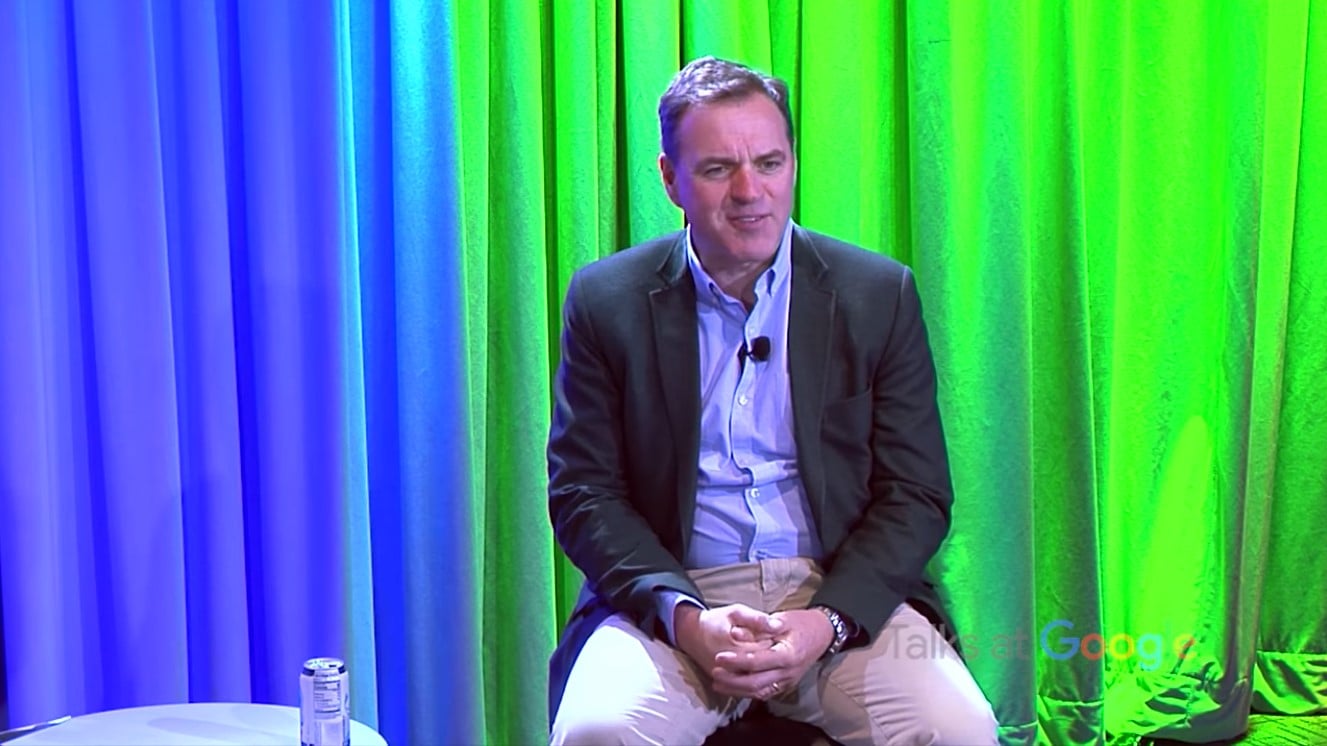Niall Ferguson, author of 16 books and Milbank Family Senior Fellow at the Hoover Institution (Stanford University), about the influence of social networks and new technologies throughout history.
Q1 hedge fund letters, conference, scoops etc, Also read Lear Capital: Financial Products You Should Avoid?
Niall Ferguson: “The Square And The Tower” – Talks At Google
Transcript
It’s great to find that free talk has an audience even on a beautiful sunny day like this in California. I had worked without quite realizing it on networks for much of my career as a historian. For example written a book about financial networks looking at the rise of the Rothschild family and specifically German Jewish financial networks which I talk about have been in this book and I’d also written a book about the British Empire which was partly a book about networks too because although we tend to think of empires as very hierarchical things actually the British empire was built by networks of traders and missionaries and the like. And so I had been doing this for years. My natural proclivity was not to go and study kings and presidents and field marshals but was to go and study more informal social networks. But then I realized as I was writing a biography of Henry Kissinger who in some ways is a super networker in his career that I didn’t have a formal understanding of networks. So I thought Hey I’m moving to Stanford leaving behind the stuffy East Coast and coming to a university right next to Silicon Valley. I better do my homework. So the idea was I’m going to study some network science get a little bit more familiar with concepts that many of the people in this room live and breathe and then try and apply those concepts to historical study.
A few historians had been doing this and I try and cite most of them in the book but it’s quite patchy. History tends to lag behind other disciplines so even though sociologists have and those neuroscientists and economists and others have been talking about networks for decades. We’re kind of catching up belatedly. The other reason for doing it I have to admit was that after I came here which is nearly two years ago now I was very struck by how an interested people in Silicon Valley were in history like history begins with the Google IPO due to everything before that is the stone age and we so don’t need to study it. It’s a part of the point of the book is to say to people here actually you may never have studied history. You may think it’s all completely boring but it’s highly relevant to what you’re doing. And I think the book makes a reasonable case for that partly because I think it saw the crisis coming that began in the election of 2016 and in that sense I think the book is quite a good guide to where we are now actually. You’ve made me jump ahead to this week’s interview in The Washington Post where you said you saw two years ago that there was a crisis coming in and in tech and politics. What informed that it was deja vu to be honest. I mean I’ve been in New York from around 2002 through when I moved from the U.K. to the U.S. and had encountered the same moods that I encountered in Silicon Valley a couple of years ago. The mood of we are the masters of the universe. Resistance is futile.
You little professor of history you just run along. There’s nothing you have to offer that was very much the precrisis mood on Wall Street. I wrote a book called The Ascent of Money which was published just before Lehman Brothers blew up but was written 2005 six seven. And the point of that book was to say massive financial crisis is coming and you better understand why and you’ll only understand why. You know some financial history. So when I got here I thought wow this is so familiar. These people running the big tech companies with some notable exceptions do have the same attitude that the Goldman Sachs and Morgan Stanley people had circa 2004 5 6. So my hunch was this is the kind of hubris that is nearly always followed by nemesis and pretty quickly it became clear to me that the 2016 election was going to be that nemesis and the kind of ways in which the network platforms were were being used in the election. Those were obviously problematic. Whether you look at the way the Russians were able to instrumentals them all the way that the platforms themselves incentivized fake news and extreme views even before Trump’s victory I could see trouble coming. And that that spurred me on to write the book. Now we’ll return to our putative hubris and shortly but let’s talk a little bit about network theory generally. Since you were able to apply as in 2016 you had seen certain patterns going back. Well the big start for you is probably Gutenberg Yeah. Talk generally about what network theory in history means.





